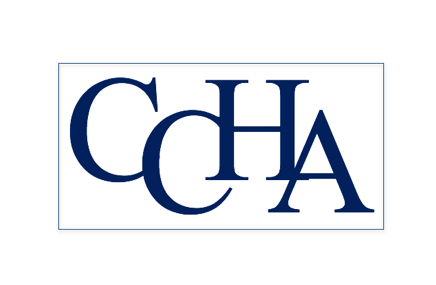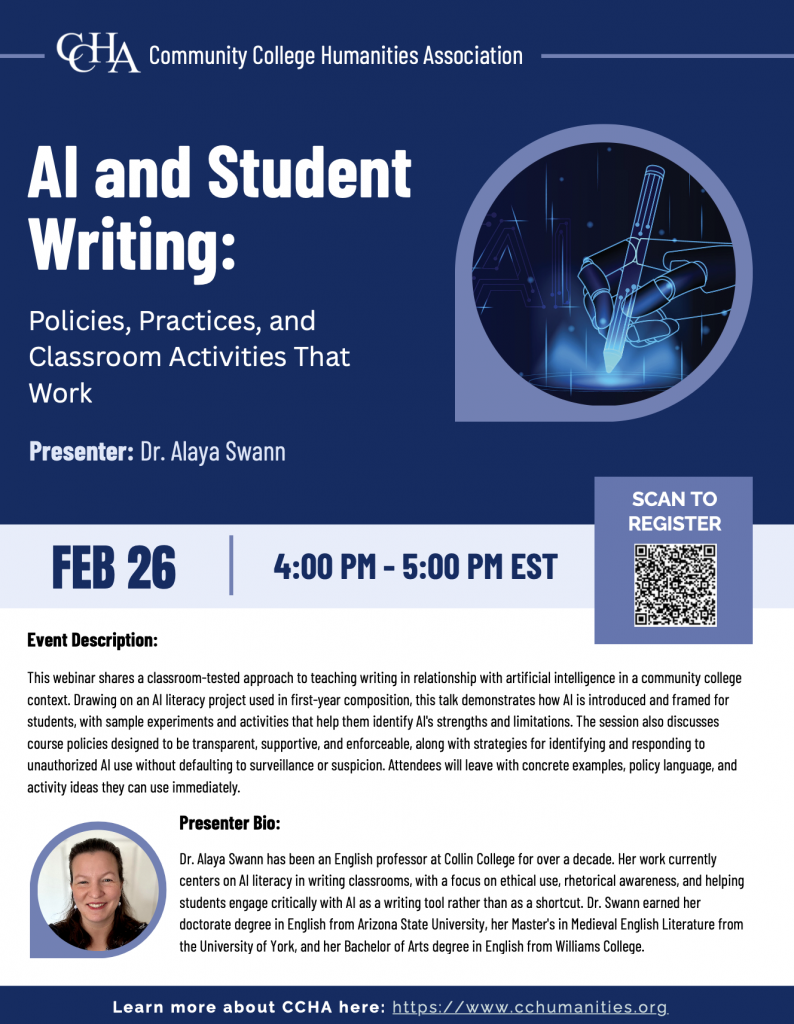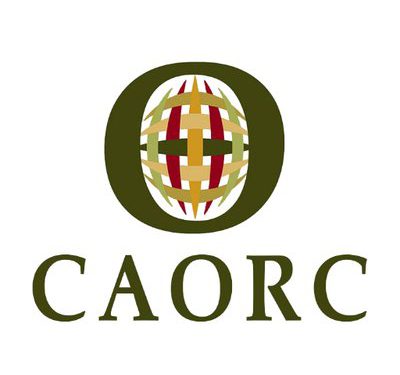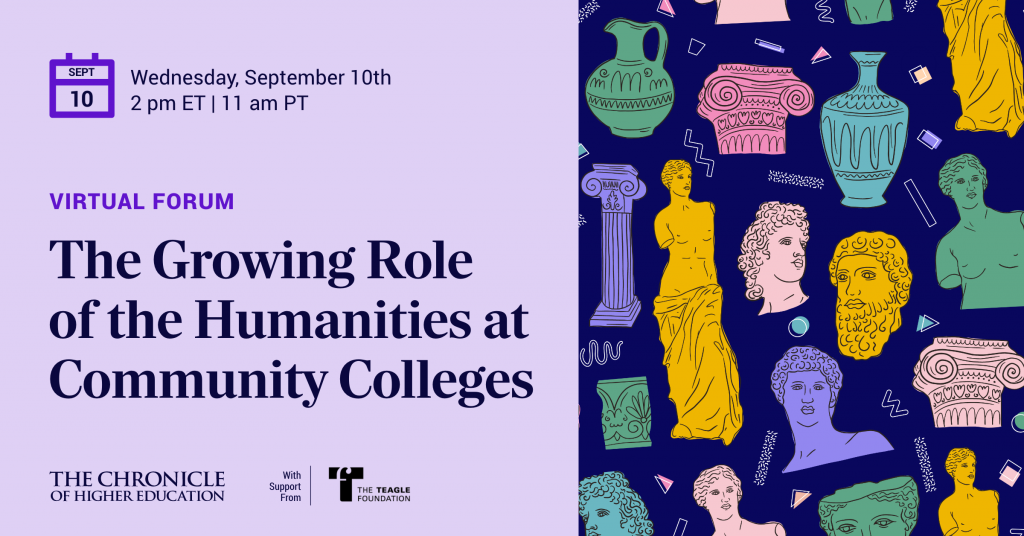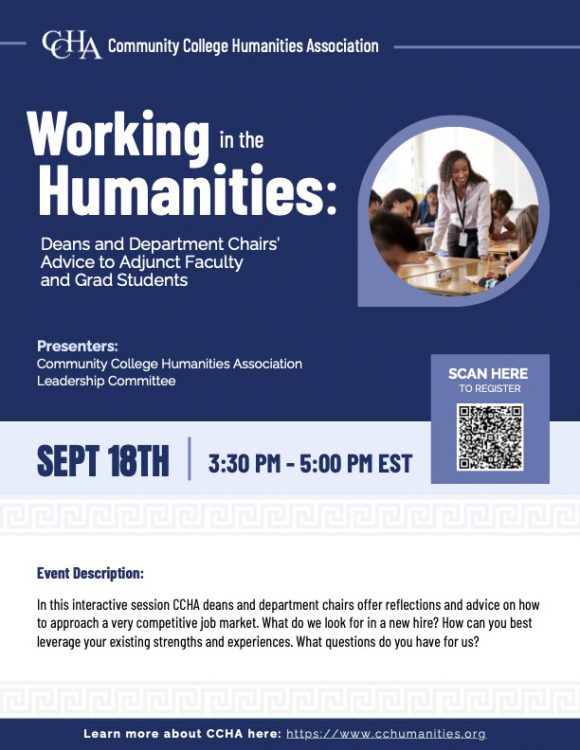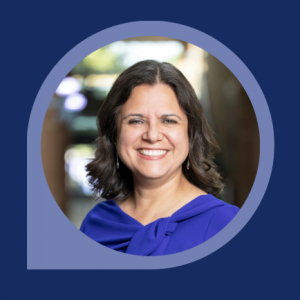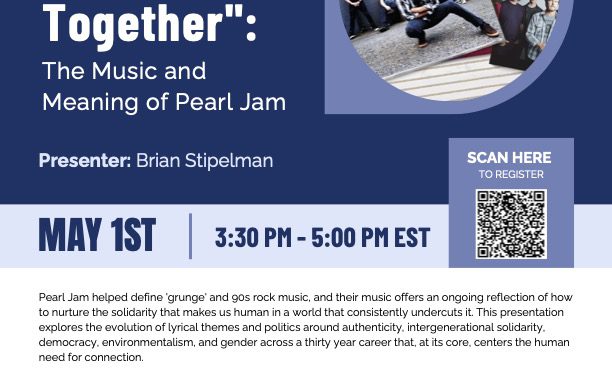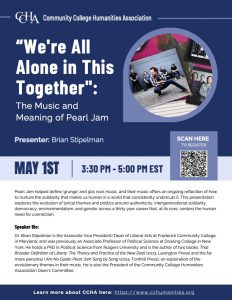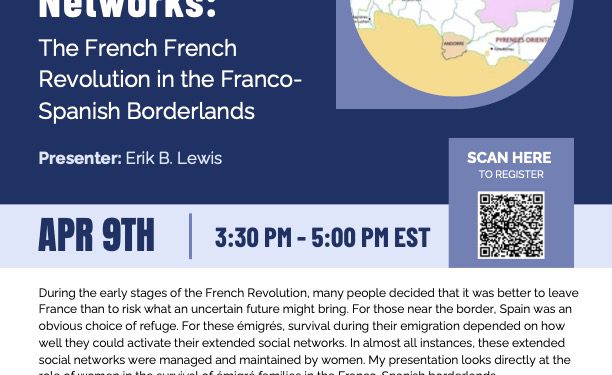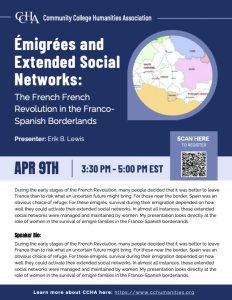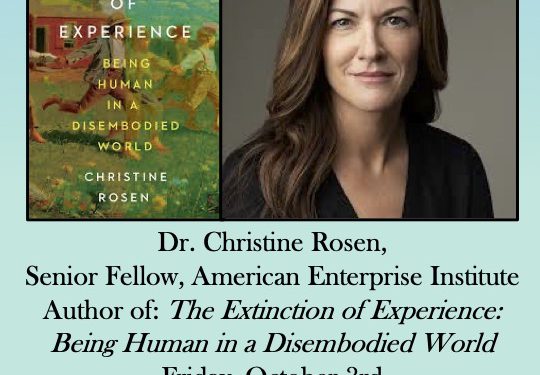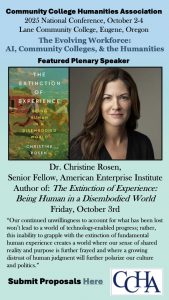Join us on Thursday, March 26th, for our next Webinar!
Event Description:
As a humanities professor, Karen believes that it is necessary to understand emergent tech and Silicon Valley culture through an historical, cultural, and mythological lens, and she has been attempting to do so since 2016. She has given this presentation internationally at the ATINER institute in Athens, Greece and once for the CCHA in fall 2025. This presentation is now expanded to incorporate recent news events that have linked venture capitalists financing Big Tech to human trafficking and exploitation of women and girls. By exploring and attempting to understand the mythological drives of a colonizing force like Big Tech, we have the advantage of knowing more about them than they know themselves. Does this liberate us from their grip? Not exactly, but it does help us to see that they are themselves tools of forces greater than themselves in many ways. If we understand what is driving them, maybe we can have a little more awareness of our own decision-making process where we still have choices. Sounds a bit strange, I know, but it is my theory that mythological drives underly (and can undermine) civilization as they embody the narratives of power and survival.
Presenter Bio:
Karen Guerin has an MLA from LSU in Shreveport where she focused her studies on mythology, postmodernism, history of western culture’s humanist influences, and Shakespeare. She has been a professor for almost 20 years at Bossier Parish Community College in NW Louisiana, where she approaches her English and humanities survey classes through a historical and cultural contextual lens, which many students seem to appreciate but also find challenging as it challenges them to think about the big picture of society, culture, and the world.
Registration Link:
Register HERE or at the link below.

